About the programme 'Building capacity for LDCs to participate effectively in intergovernmental climate change processes'

The UN Development Programme (UNDP) and UN Environment (UNEP) have jointly launched a global support programme to assist Least Developed Countries (LDCs) to strategically engage in intergovernmental climate change negotiation processes.
LDCs face severe socio-economic and environmental problems that threaten sustainable development. Climate change and variability will continue to exacerbate these problems, posing one of the biggest challenges for 21st century diplomacy and international development. Yet, LDCs face obstacles in engaging effectively in intergovernmental climate change negotiation processes.
The initiative entitled 'Building capacity for LDCs to participate effectively in intergovernmental climate change processes' was launched in Bangkok, Thailand in March 2015. The programme is ongoing - supported by the Global Environment Facility (The GEF) Least Developed Countries Fund (LDCF).
The programme provides technical assistance to a select group of negotiators from LDCs. The aim is to strengthen key negotiation skills of LDC negotiators, applying climate change information and science, and understanding the climate change policy-making framework under the United Nations Framework Convention on Climate Change (UNFCCC).
Innovative learning methods are used during seminars and workshops, including simulated negotiation sessions, e-learning, mentoring, and opportunities to participate in an active network of practitioners to continually share knowledge and expertise.
The programme is implemented in coordination with the LDC Expert Group (LEG), and Secretariat of the UNFCCC. Collaborating partners include the United Nations Institute for Training and Research (UNITAR) and the International Centre for Climate Change and Development (ICCCAD - Bangladesh).


